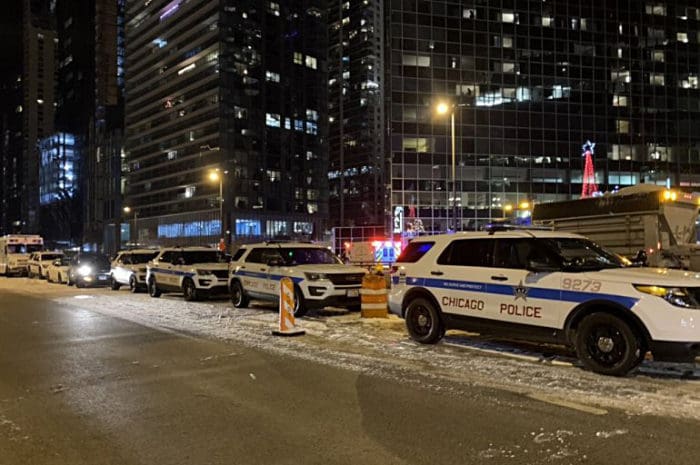In a recent Twitter thread, Cook County’s public defender office raised important concerns about gun control laws. They’ve identified a pattern of racism in the enforcement of such laws in Chicago, but can’t determine how bad the problem is or how to solve it without more information.
The area’s police departments are underreporting data, making it impossible to correct the issue.
Not only is there a racist pattern of enforcement of gun laws in Chicago. Traffic stops, searches and gun arrests are being underreported, making oversight impossible. https://t.co/IKJIjLnJbH
— The Law Office of the Cook County Public Defender (@CookCoDefender) August 3, 2022
People who have been against gun control have known about this problem for a long time. In much of the United States, gun control laws started out as Jim Crow laws, or laws that applied to the whole population in theory, but were only enforced against blacks and other racial minorities in practice.
The anti-gun crowd would like us to believe that in modern times the racism has somehow been removed from these laws, but we see time and time again that it has not, especially in blue states with strict anti-gun laws.
These states are allegedly “better” for minorities, because Democrats would have us believe that red states hate them, the LGBT community, and others, but in practice the opposite seems to be true.
One prominent example was the “stop-and-frisk” policy practiced when Michael Bloomberg (the funder of Everytown, Moms Demand Action and other gun control groups) was mayor of New York City. Under the guise of enforcing gun laws, over five million men, mostly black and Latino, were unconstitutionally searched. After leaving office, former Mayor Mike defended this overtly racist practice for years, claiming it was necessary to abuse minorities and violate their Fourth Amendment rights in order to preserve public safety.
It was only more recently, during his disastrous presidential run, did he abandon his defense of the policy. But that was also during a time of intense debate, protests, and riots over law enforcement practices, triggered by the death of George Floyd at the hands of a police officer.
‘Stop-and-frisk’ seems to be the policy now in force in Chicago.
Cook County’s public defenders are concerned that Chicago has implemented the very same policy Bloomberg operated in New York, and are trying to hide it from voters and criminal defendants whose rights have been violated.
In a piece at the Chicago Tribune, two public defenders go into greater detail about how Chicago’s version of “Stop and Frisk” works . . .
Black and brown people in Chicago are pulled over for minor traffic violations. Police officers then use the stop as a justification to search the person’s car for weapons. If officers find a gun inside the car that is not stored properly or without the correct paperwork, that person is arrested on suspicion of a felony.
Chicago isn’t New York, so the strategy had to be adjusted to work with vehicles rather than pedestrians. In most cases, people who get pulled over don’t get searched, but in the case of many minority drivers, police cook up bogus excuses for a search vehicles. Then the driver (and possibly passengers) are treated like a violent criminal for merely possessing a weapon that they have a right to possess under the U.S. Constitution.
In one particularly grievous example, a man unknowingly had a recently expired carry permit and was arrested instead of given a warning or otherwise treated as an honest citizen who wanted to follow the law, but made a paperwork mistake.
As gun owners already know, these unconstitutional searches and arrests target innocent gun owners, and have little effect on actual criminals or violent crime. And that’s exactly what the public defenders’ office is finding.
While the Cook County’s public defender has more some ideas, I think most readers would agree that the solution is to repeal anti-gun laws and focus enforcement on actual criminals. Illinois needs constitutional carry, not idiotic laws and enforcement practices that don’t affect criminals.
